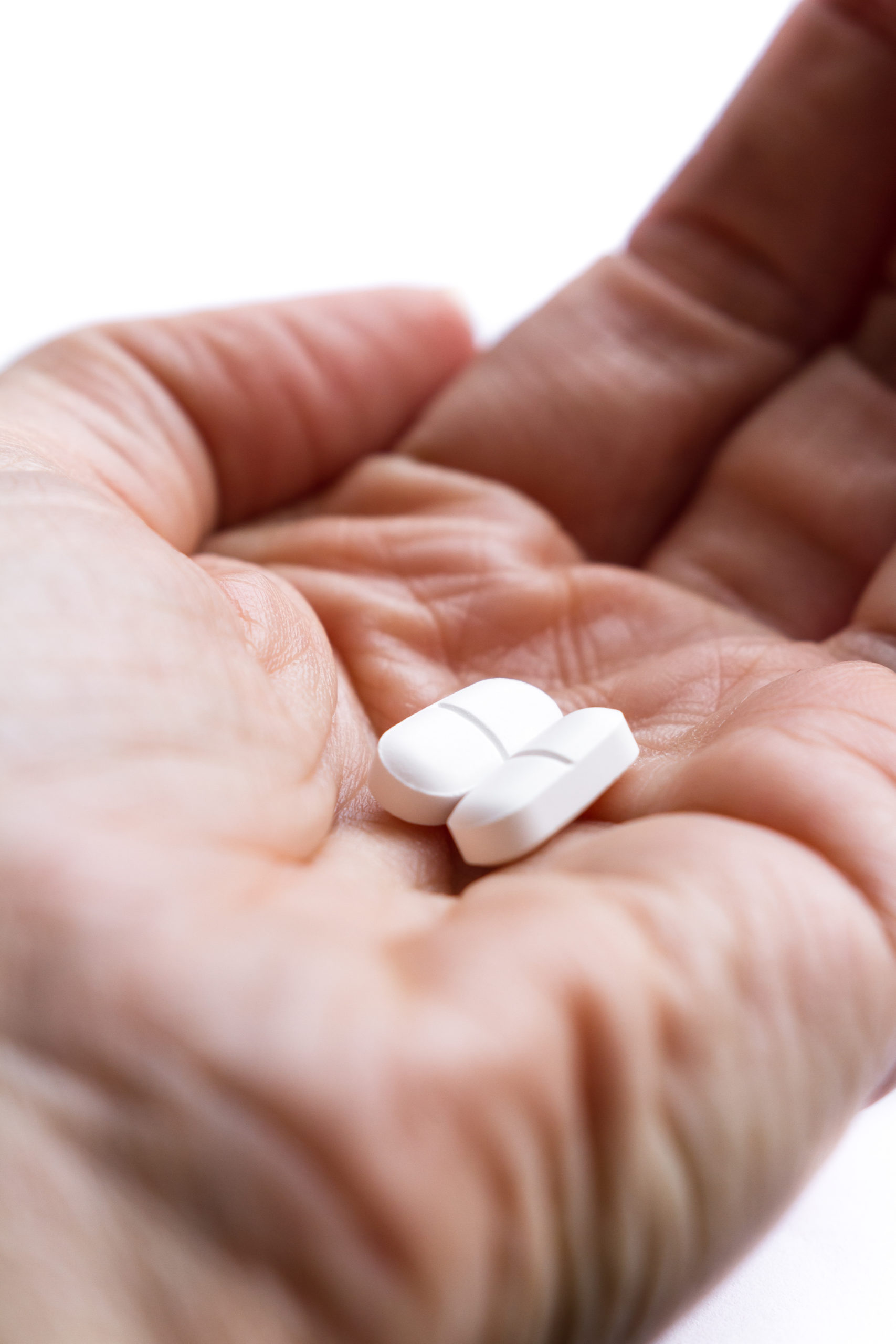A rendition of addictive habits and the overcoming of addiction can’t be achieved if the addict is not convinced that they have a problem that needs to be solved.
Convincing someone to go to rehab is not as straightforward as one may think.
Addiction is a cunning foe, it clouds reasoning and tricks the mind into believing that substance abuse habits are nothing more than a mere good time.
But then how do you convince an addict to get help?
Acceptance
“We admitted we were powerless over alcohol—that our lives had become unmanageable.” – Big Book of AA
Every 12-step program starts with an acceptance of an addict’s condition, and it’s not by coincidence that 12-step groups chose this to be their foundation.
It’s because addicts rarely believe they have a problem, particularly those who haven’t progressed deep down the scale.
Unfortunately, the further an addict progresses in their disease, the more difficult it’s to climb out of the depths of the addiction hole.
If an addict can’t accept there is a problem, then they will do little to change it. Without admission, an addict will resume and give up at the first sight of weakness.
Addicts tend to be stubborn, the disease will help them come up with excuses, illusions, and false hopes to justify their behavior – addiction impedes their capacity, to be honest.
If you have been wondering how to convince an addict to get help, then the best step to begin is at helping them accept that they have a problem in the first place.
Educate Them
If stubbornness persists and you can’t seem to find a way to make someone go to drug rehab, then you may want to apply it to their logic.
While logic doesn’t always win the battle, a lack of knowledge in the subject will certainly not help the addict progress.
Understanding the risks of substance abuse may motivate an addict to seek help.
If you want to learn how to convince an addict to get help, then learning these topics and guiding them could be the answer.
- How drugs and alcohol affect their body and mind
- What kind of treatments are available for them
- Demystifying any misconceptions they may have about recovery or addiction
- Looking into areas of their life that have been affected or into finances and see how that can be improved with sobriety
- How substance abuse could lead to irreparable damage or death
If you are unsure about where to get the best information to educate yourself first, try browsing our content library which covers many useful topics.
Look For Professional Help
If you’ve tried our first two suggestions and are not having much luck in helping your loved one, then you may still be wondering — if this doesn’t work, then how do you convince an addict to get help?
Despite our best efforts and intentions, it is possible that we will not be able to convince our loved ones to seek help. After all, stubbornness is an addict’s best friend. Even if we do our part to demystify misconceptions, our loved ones may still be fearful. Regardless of the issue, it might be time to seek the help of a professional to resolve it.
In addition to guiding you through the process, professionals can also help you prepare and execute interventions.
Interventions are meetings between family members and recovery experts where loved ones express their concern and love for the addict. There is usually a strong enough emotional response triggered by the intervention that may motivate the addict to go to rehab.
How to Make Someone Go to Drug Rehab
Understanding how to make someone go to drug rehab can be as challenging as comprehending why wouldn’t someone just go and get the treatment they need to get better.
A drug addict might convince himself that rehab is unnecessary for someone with a drug habit. This is because it’s a treatment better suited to those who have slipped far down the scale.
Perhaps the addict is using cocaine and believes treatment is just for people who do meth or heroin. Even worse, they may assume that they can sober up whenever they want —”Just not feeling like it today”
It may take that same drug addict many years and failed attempts at sobriety before they hit rock bottom and realize that their problem is no different than those with other addictions.
In such instances, it is especially critical to emphasize to the addict that addiction to drugs is no different from other addictions. Similarly to other substances, it can develop an addiction if left unattended.
In addition, it’s critical to emphasize that drug withdrawals and overdoses are very real and can result in death.
How to Get Professional Help
How do you convince someone to go to rehab if they don’t want to get help? If your loved one is still not convinced to go to rehab after trying the suggestions in this article, then it’s time to seek professional help.
Elysium Healthcare is an expert in addiction treatments and will be able to assist you every step of the way.Contact Elysium today to learn more about what you can do to help your loved ones receive the treatment they need.











